How to Choose Water Purifier for Well Water
For most families, well water is an important source of drinking water. In the United States, since many families live in scattered areas and there is no unified tap water supply system, 95% of domestic water comes from each household’s machine-drilled deep wells. Therefore, how to purify well water and ensure its safety for drinking is crucial.
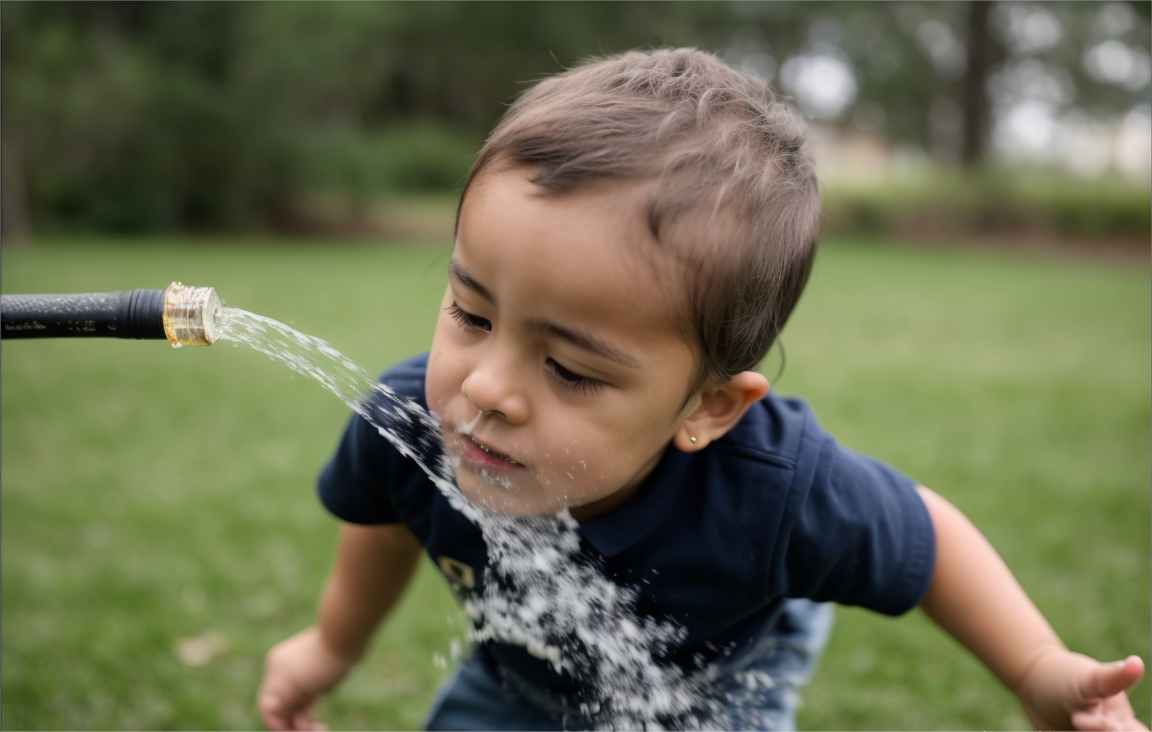
Why Purify Well Water?
The well water you drink may not be safe. Impurities in well water mainly include the following categories:
- Suspended matter: such as mud, leaves, etc.
- Calcium and magnesium ions: Well water usually contains high calcium and magnesium ions, which will form white precipitates during boiling.
- Microorganisms: including bacteria, parasites and viruses.
- Heavy metals: such as iron, manganese, etc.
- Chemical substances: such as calcium bicarbonate and magnesium bicarbonate, will decompose into carbonates that are insoluble in water during boiling, forming white precipitates.
Drinking Unclean Well Water Can Cause Harm to Human Health
First of all, well water contains a large amount of heavy metals and chemicals, such as arsenic, chromium, nickel, aniline, and various chlorides. Long-term drinking of well water containing these pollutants may cause organ lesions and even induce cancer. In addition, after being contaminated by pathogenic microorganisms, it will not only cause fever, vomiting, and diarrhea but also may cause waterborne infectious diseases and endemic diseases. In addition, the hardness of well water is particularly high, generally higher than the soft water standard of 80 ppm. If the gastrointestinal function is not good, it is recommended not to drink it.
In addition, the harmful substances in well water will not only directly affect physical health, but also may cause harm to the human body through skin contact and other means. For example, residual chlorine in water can make hair dry and affect skin health.
Therefore, to ensure the safety of drinking water, purifying well water can effectively protect human health.
Best Water Purifier for Well Water
Reverse Osmosis (RO) Water Purification Equipment
If the well water contains more microorganisms and heavy metals, the best machine to purify the well water is usually a reverse osmosis (RO) device.
In terms of purifying well water, reverse osmosis equipment usually includes pretreatment (activated carbon filtration, resin filtration, etc.), multi-stage filtration, ultraviolet sterilization (UV), and other process flows, which can effectively remove inorganic ions, harmful heavy metals, bacteria, viruses, organic matter, and colloids in the well water.
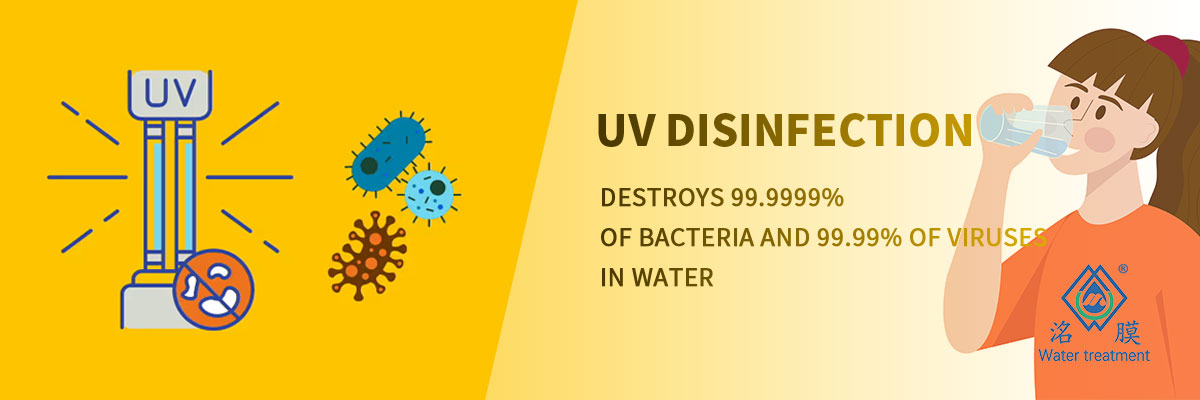
In addition, it is worth mentioning that for many well waters with excessive salinity, the salt removal rate of reverse osmosis membranes can reach 99%, thereby removing the salt in the water, turning high-concentration salt water into fresh water, and meeting the physical and chemical indicators and hygiene standards specified for drinking water. In addition, reverse osmosis equipment is also widely recommended for household drinking water purification because it can not only cope with diverse water needs but also ensure the safety and purity of water quality.
Ultrafiltration (UF) Water Purification Equipment
If the well water is relatively clear and there are no problems such as excessive heavy metals, then using ultrafiltration water purification is a more appropriate choice. Ultrafiltration water purifiers can effectively remove impurities such as suspended matter, bacteria, viruses, etc. in the water, and retain minerals in the water. In addition, ultrafiltration water purifiers do not need to be plugged in, are simple to operate, and have low costs, making them suitable for areas with good water quality.
In general, how to choose well water purification equipment is determined by the raw water to be treated. Therefore, it is recommended that relevant water quality tests should be conducted before choosing well water purification equipment.
For more information about well water purification equipment, please get in touch with our MingMo water treatment equipment experts!



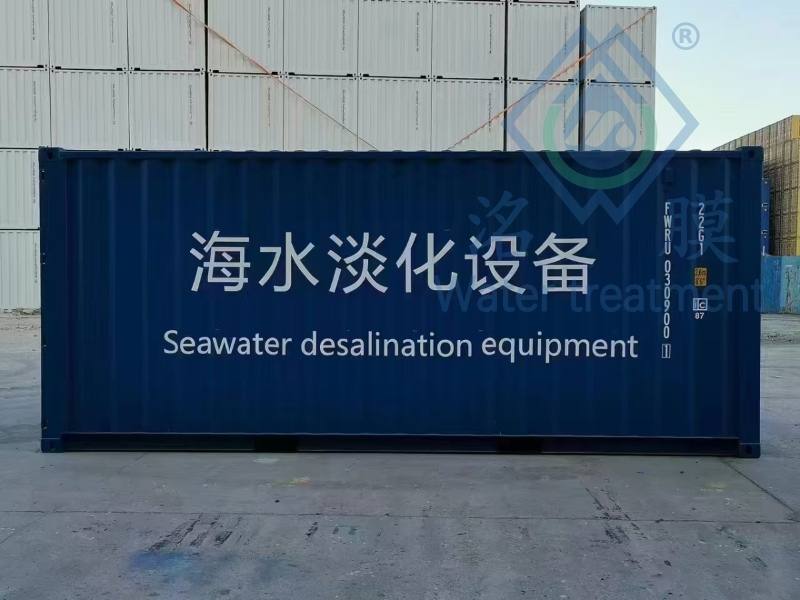 Containerized Seawater Desalination System
Containerized Seawater Desalination System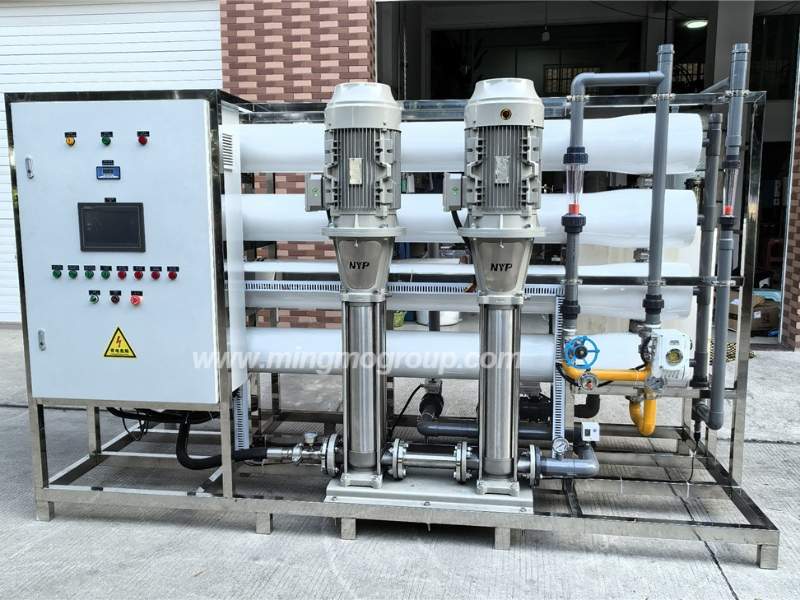 Seawater Desalination System
Seawater Desalination System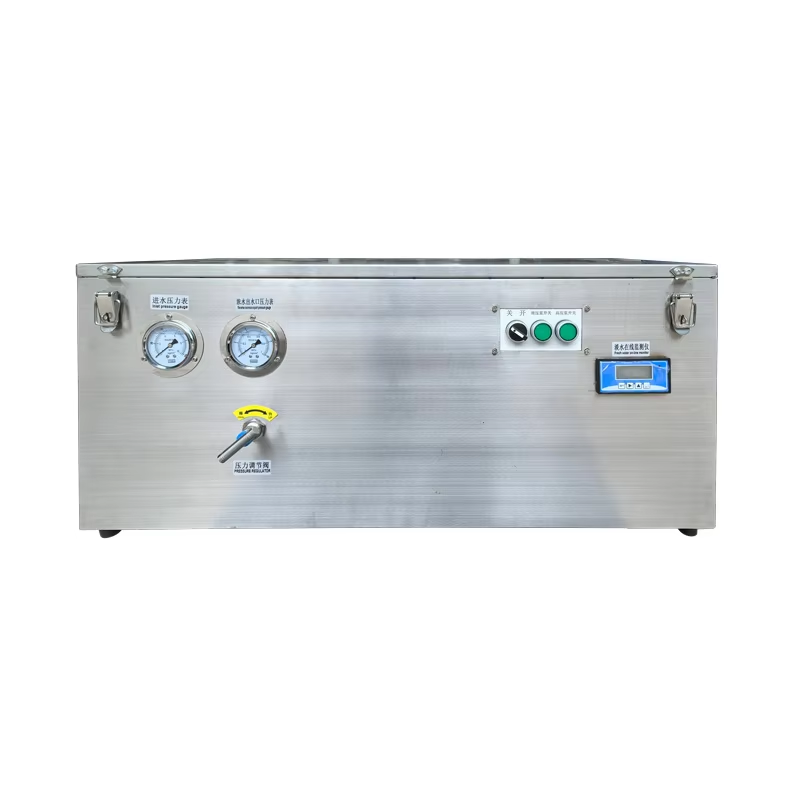 Small/Marine Watermaker Systems
Small/Marine Watermaker Systems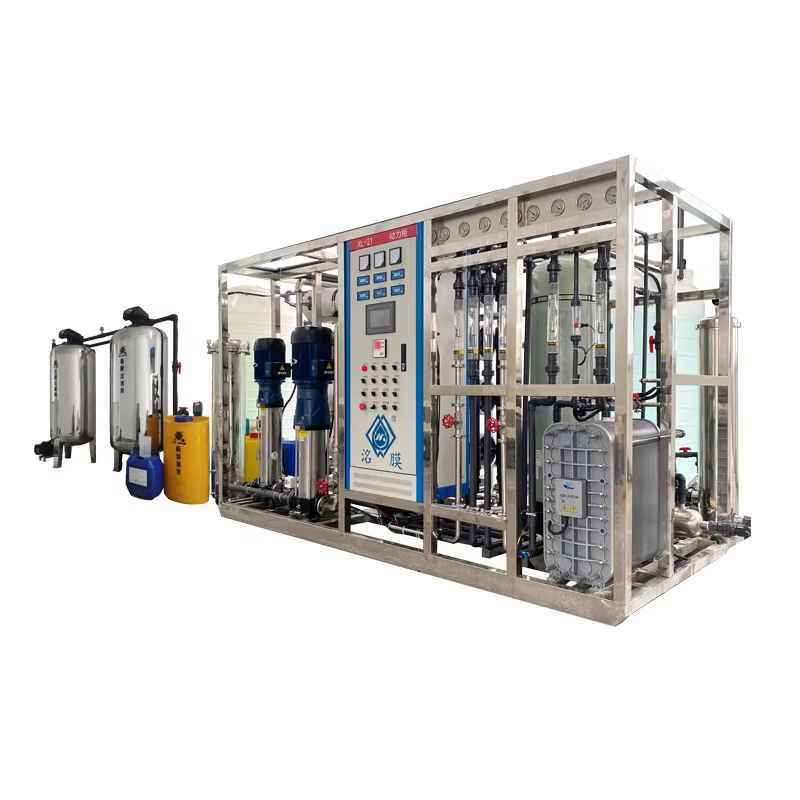 RO+EDI Ultrapure Water System
RO+EDI Ultrapure Water System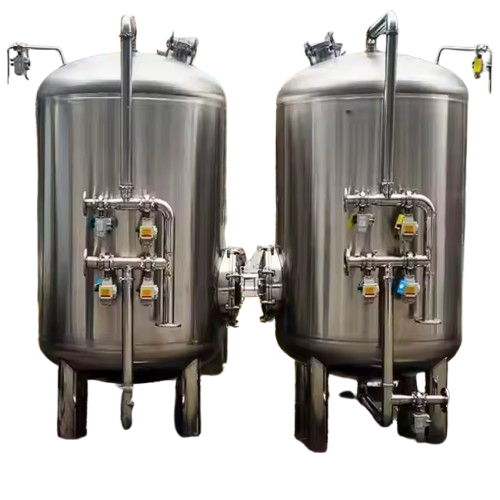 Media Filter
Media Filter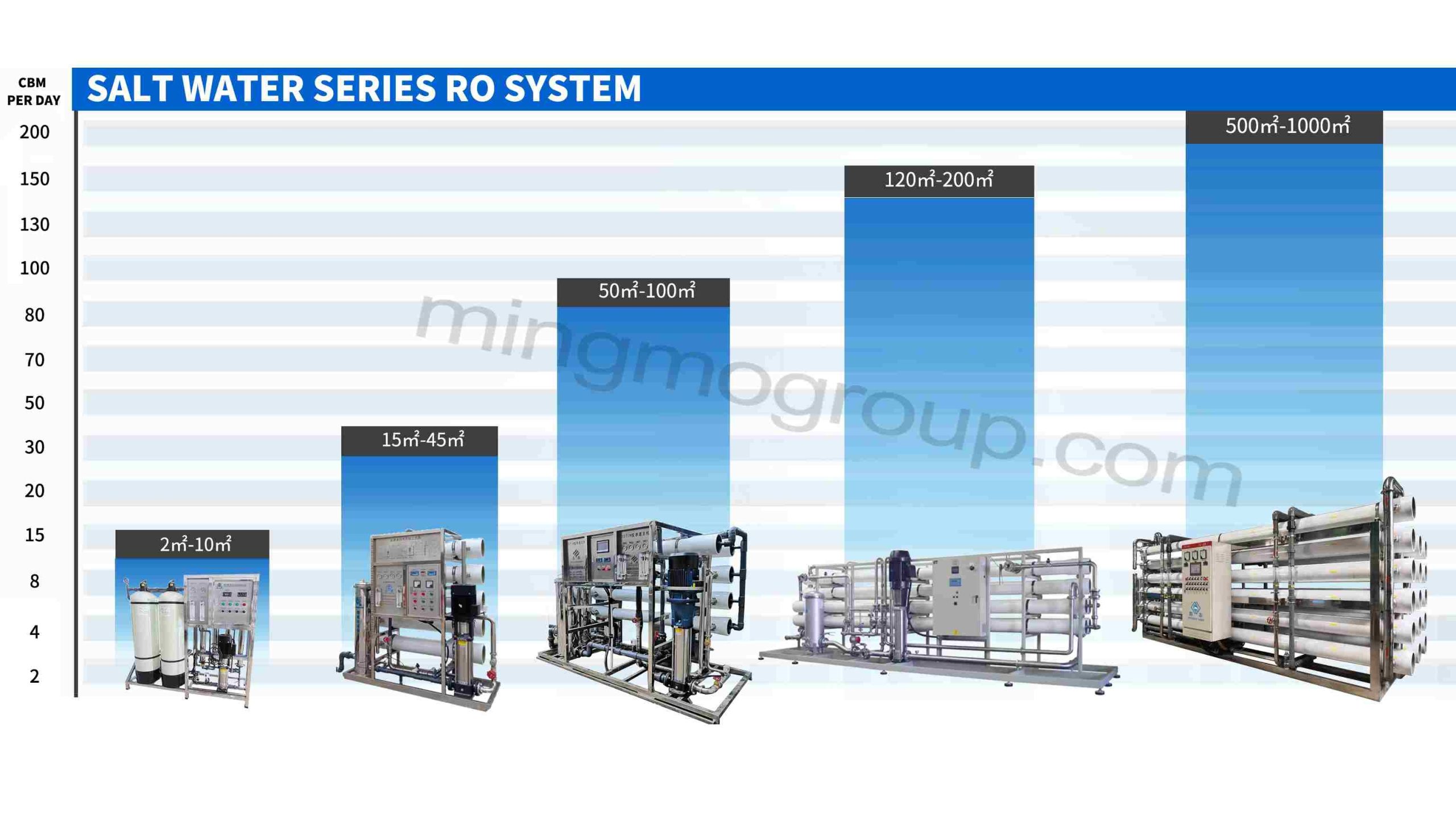 Brackish Water Reverse Osmosis Treatment System
Brackish Water Reverse Osmosis Treatment System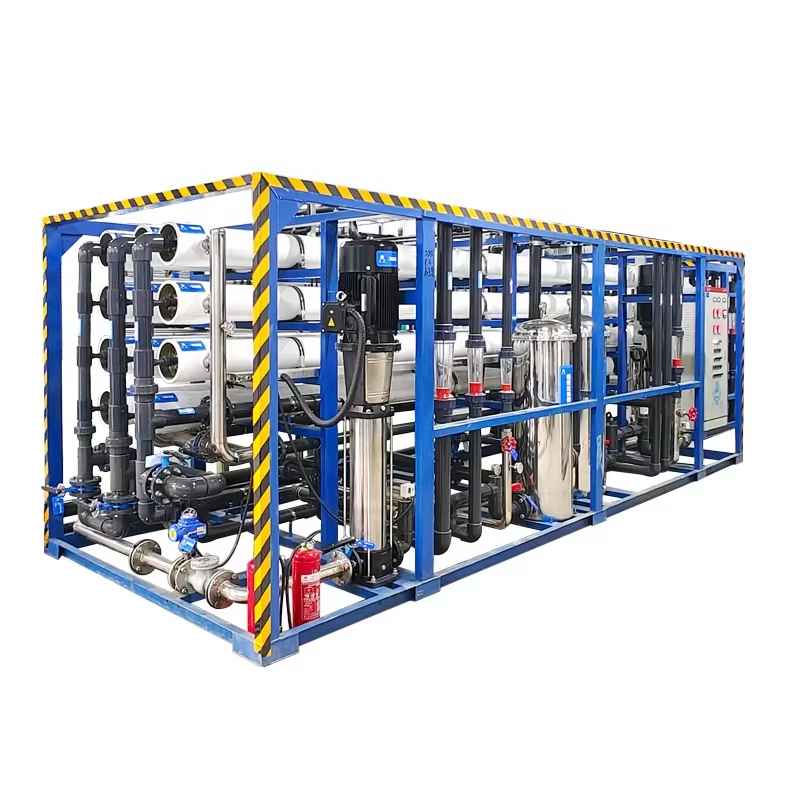 Large RO Desalination Machine
Large RO Desalination Machine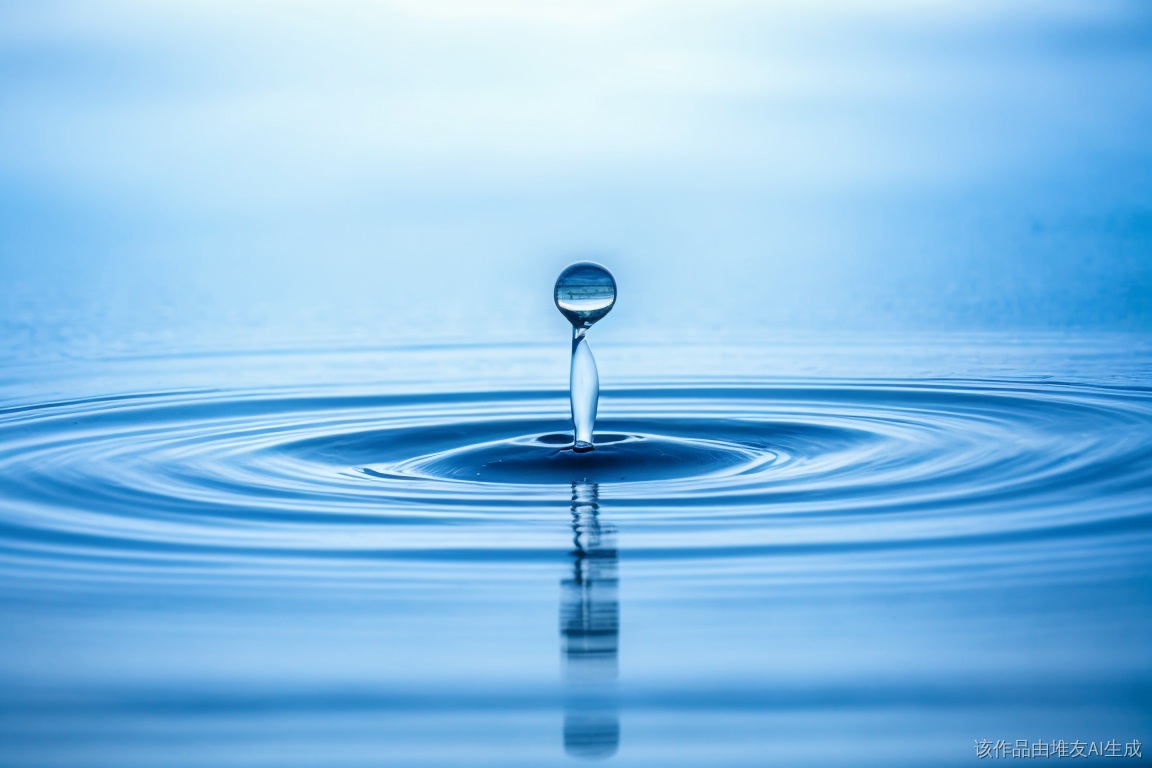 Ultrafiltration System vs. Reverse Osmosis System: Which One Should You Choose?
Ultrafiltration System vs. Reverse Osmosis System: Which One Should You Choose?